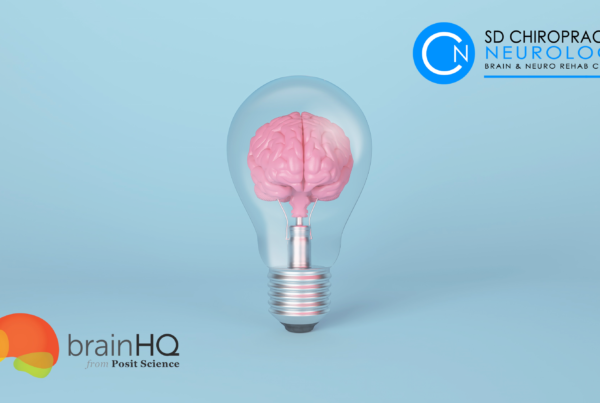
Introduction
Concussions, also known as mild traumatic brain injuries (mTBI), have received more attention recently as people have become more aware of the potentially significant effects associated with them. While a concussion’s immediate consequences are well known, the long-term recovery process can be much more difficult and variable. Many people and medical experts struggle with the puzzling phenomena of concussion symptoms coming and going over time. This article digs into the nuances of concussion recovery, looking at possible causes for fluctuating symptoms and how knowing these dynamics might help with better management.
The Initial Impact: Recognizing Concussion Symptoms
Direct head trauma or a powerful jolt to the body that causes the brain to move quickly within the skull can result in concussions. A variety of symptoms may result from this movement’s ability to cause chemical imbalances and structural alterations within the brain. Headaches, dizziness, confusion, nausea, and sensitivity to light and sound, as well as memory issues and mood swings, are typical early symptoms. It is possible to identify a concussion based on these symptoms, which often appear minutes to hours after the event.
Why Do Concussion Symptoms Change?
- Natural Healing Process: The brain’s capacity for healing is astounding. The symptoms may get better when the brain heals itself, but they can sometimes come back when the brain is stressed.
- Physical and Mental Activity: Excessively demanding physical or mental tasks can make symptoms worse. The risk of symptom recurrence from overexertion highlights the value of rest during recovery.
- Stress and Fatigue: Both of these factors might make recuperation difficult. Flare-ups of symptoms may be brought on by extreme stress and weariness.
- Individual Difference: Everybody’s brain and injury recovery are different. While some people may have more consistent symptom patterns, others might have symptoms that fluctuate more.
The Complexity of Concussion Recovery
While many people get better from concussions within a few weeks to a few months, some people continue to have symptoms for much longer. Furthermore, the way these symptoms reveal themselves can be perplexing. Some people claim that their symptoms seem to come and go, changing in frequency and severity. It may be challenging for patients and healthcare professionals to appropriately assess the status of the patient’s recovery due to this diversity.
Managing Irregular Symptoms
- Rest and Gradual Return to Activity: It’s important to get enough rest throughout the acute phase. A gradual return to physical and mental activity can help prevent symptoms from worsening as symptoms become better.
- Stress Management: Implement stress-reduction techniques such as relaxation exercises, mindfulness, and deep breathing to mitigate stress-related symptom fluctuations.
- Nutrition and Hydration: Anti-inflammatory diets and staying well hydrated can aid in the recovery of the brain.
- Medical Evaluation: For an accurate evaluation and recommendations, it is crucial to speak with a concussion specialist. They can assist in tracking changes in your symptoms and modifying your treatment strategy as necessary.
Conclusion
Concussion symptoms might change over time. Effective management requires a thorough understanding of the stages of concussion symptoms and the variables that affect how they change over time. Remember that obtaining medical assistance and following a set recovery plan are essential steps to a quicker and more complete recovery if you or someone you know has experienced a concussion. Every concussion is different, but most people can recover fully and experience symptom stability over time with the correct care and patience.




